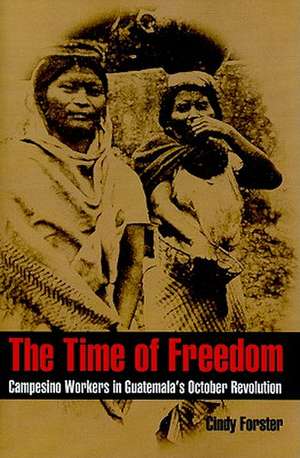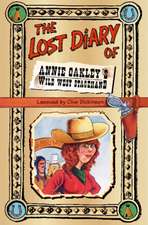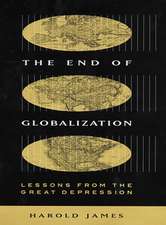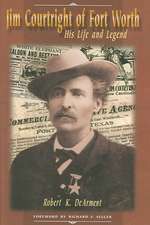The Time of Freedom: Campesino Workers in Guatemala’s October Revolution
Autor Cindy Forsteren Limba Engleză Paperback – 14 noi 2001
"The time of freedom" was the name that plantation workers—campesinos—gave to Guatemala’s national revolution of 1944–1954. Cindy Forster reveals the critical role played by the poor in organizing and sustaining this period of reform.
Through court records, labor and agrarian ministry archives, and oral histories, Forster demonstrates how labor conflict on the plantations prepared the ground for national reforms that are usually credited to urban politicians. She focuses on two plantation zones that generated exceptional momentum: the coffee belt in the highlands around San Marcos and the United Fruit Company’s banana groves near Tiquisate. Although these regions were unlike in size and complexity, language and race, popular culture and work patterns, both erupted with demands for workers’ rights and economic justice shortly after the fall of Castañeda in 1944.
A welcome balance to the standard "top-down" histories of the revolution, Forster’s sophisticated analysis demonstrates how campesinos changed the course of the urban revolution. By establishing the context of grassroots mobilization, she substantially alters the conventional view of the entire revolution, and particularly the reforms enacted under President Albenz.
Through court records, labor and agrarian ministry archives, and oral histories, Forster demonstrates how labor conflict on the plantations prepared the ground for national reforms that are usually credited to urban politicians. She focuses on two plantation zones that generated exceptional momentum: the coffee belt in the highlands around San Marcos and the United Fruit Company’s banana groves near Tiquisate. Although these regions were unlike in size and complexity, language and race, popular culture and work patterns, both erupted with demands for workers’ rights and economic justice shortly after the fall of Castañeda in 1944.
A welcome balance to the standard "top-down" histories of the revolution, Forster’s sophisticated analysis demonstrates how campesinos changed the course of the urban revolution. By establishing the context of grassroots mobilization, she substantially alters the conventional view of the entire revolution, and particularly the reforms enacted under President Albenz.
Preț: 378.09 lei
Nou
Puncte Express: 567
Preț estimativ în valută:
72.36€ • 76.12$ • 60.37£
72.36€ • 76.12$ • 60.37£
Carte tipărită la comandă
Livrare economică 09-23 ianuarie 25
Preluare comenzi: 021 569.72.76
Specificații
ISBN-13: 9780822961369
ISBN-10: 0822961369
Pagini: 304
Dimensiuni: 156 x 235 x 25 mm
Greutate: 0.44 kg
Ediția:1
Editura: University of Pittsburgh Press
Colecția University of Pittsburgh Press
ISBN-10: 0822961369
Pagini: 304
Dimensiuni: 156 x 235 x 25 mm
Greutate: 0.44 kg
Ediția:1
Editura: University of Pittsburgh Press
Colecția University of Pittsburgh Press
Recenzii
“A compelling and provocative contribution to the slowly expanding body of research on Guatemala’s 1944-54 revolution.”
—Hispanic American Historical Review
—Hispanic American Historical Review
“Exceptional. . . . Rich in ethnographic detail and covers many aspects of change triggered by the agrarian revolution of 1944-1954.”
—American Historical Review
—American Historical Review
“In contrast to many accounts that emphasize the top-down, urban-initiated nature of reforms, Forster places rural workers in the center of the political drama and demonstrates that they often were ahead of the revolutionary state... her skill in securely locating local histories in national contexts enables her to emphasize the complexities of the process without losing clarity.”
—Choice
—Choice
Notă biografică
Cindy Forster has worked with immigrants rights networks in the San Francisco Bay area, with labor and human rights groups addressing problems in Central America, and as a union organizer with Justice for Janitors and the Silicon Valley Organizing Project. She is an assistant professor of history at Scripps College in Claremont, California.
Descriere
Cindy Forster’s insightful work reveals the critical role played by the rural poor in organizing and sustaining Guatemala’s national revolution of 1944-1954.










